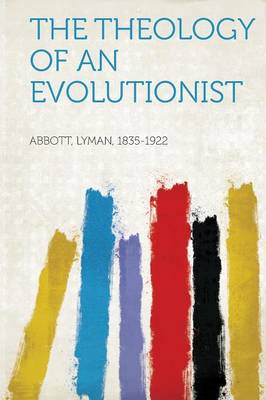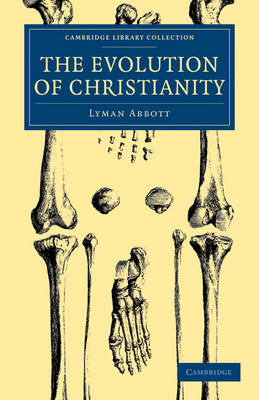Cambridge Library Collection - Science and Religion
2 total works
A Congregationalist clergyman, editor of the influential progressive journal The Outlook, and intimate with Henry Ward Beecher and Theodore Roosevelt, Lymon Abbott (1835-1922) played a central role in religion and politics in turn-of-the-century America. In this work, first published in 1897, Abbott shows his characteristic optimism in human moral development, arguing that the Christian faith can fully accommodate evolution as the means by which God changes and improves the world over time. Abbott writes 'not to disbelievers in evolution to prove that they are mistaken, but to believers in evolution to show them that their belief is not inconsistent with the Christian faith'. A companion to Abbott's popular previous work The Evolution of Christianity (also reissued in the Cambridge Library Collection), this text presents an innovative and often elegant reconciliation of the ongoing debate concerning scientific empiricism and Christian belief.
Lyman Abbott was an American liberal theologian and a confidant of Theodore Roosevelt. He was a moderate man who sought to re-establish Christian faith among the American people in a period of change. This book, first published in 1893, argued that spiritual experience is always new and therefore every age requires a new expression for it. A believer in the possibility of harmonious coexistence between the Church and evolutionary theory, Abbott proposed a 'more intelligible and credible' religion that endeavoured to sustain faith by expressing it in contemporary terms. He maintained that science and faith were compatible and that both natural and spiritual elements belonged to a shared kingdom governed by the law of progress. Blending faith in historical Christianity with belief in progress and evolutionary theory, Abbott aimed to provide a bridge between religious life and late nineteenth-century philosophical thought.

